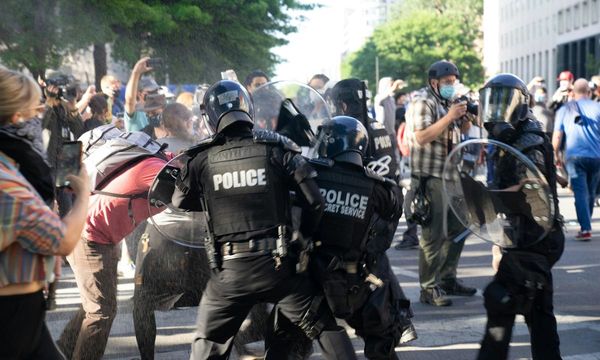
One of the great hushed truths of the state school system is that its pupils are decided by house prices. That well-regarded comprehensive may charge no fees but its intake will be still be selected by parental income, as families pay exorbitantly for a home in the catchment area. As any estate agent knows, a school judged outstanding by Ofsted will push up neighbouring property prices. This is a cruel system that drives families who can afford it to uproot themselves, makes many of those who cannot feel inadequate, and produces and intensifies social segregation.
Few would dispute this account. Not the government, which has published papers on the link between house prices and schools, nor academics or analysts: just last week the Sutton Trust published findings showing that 155 comprehensives, supposedly open to all, are more socially selective than a typical grammar. In Scotland, home addresses are assigned one secondary school so that, as the Institute for Fiscal Studies points out, social segregation there is even more marked.
Rarely does any of this feature in the discussion around raising school standards. Ministers and policy experts talk about Sats, school curricula, inspections – rather than bringing down the invisible barriers that go up for children as early as five. Which is why Brighton and Hove is worth watching. On Monday, its Labour-led council will vote to change secondary school admissions. Councillors propose to make local authority secondaries give priority to children on free school meals over pupils from the catchment area. Observers believe that Brighton and Hove will be the first council ever to do this. The move is an attempt to reduce inequality within a highly unequal city, to mix up school populations, and to give pupils access to sought‑after schools. For a city that prides itself on being progressive and inclusive, this is a big step towards living those values.
A remarkable aspect of this policy is how far it has been driven by a local grassroots campaign. Class Divide is led by independent residents rather than party politicians and is particularly informed by the experience of those living in Whitehawk and other eastern suburbs, only a few miles from the plusher parts of north and central Brighton yet often forgotten. In a series of podcasts released last year, campaigners documented how the schools gap affects locals’ lives: attend a great school and the world may open up; go to a troubled one and you can be left without a launchpad. While fighting in last year’s local elections, Jacob Taylor noted that on the doorstep Class Divide’s campaign kept coming up. Mr Taylor is now one of the councillors behind this new policy.
However good a student’s time within the classroom, it does not solve the problems they face outside. Changing schools’ entry criteria is only a small part of tackling inequality, and there will need to be support for the pupils who travel across the class divide, as well as plans for schools that lose students and the funding that goes with them. But for an underfunded local council it is a meaningful step. It is also not without political risk in a city that has tried and failed with admissions reform before. Still, this is a welcome move against one of the big scourges of our time. Sir Keir Starmer and his shadow education secretary Bridget Phillipson could take some lessons from the south coast.







